There’s a lot of talk these days about the “Great Resignation.” People are leaving their jobs in record numbers. Some go on to new jobs and new companies. Some decide to freelance or start new businesses. And some choose to leave the workforce entirely.
This has created a crisis of sorts for C-suite leaders who are struggling to retain workers. Without key talent, their companies can’t win, so keeping those employees is paramount for their success. Recent research from McKinsey identified a lack of understanding about why employees are leaving as a key barrier among executives and also noted that transactional approaches to retention—like paying “thank you” bonuses—don’t seem to work.
Paying a bonus, while it certainly won’t hurt, also doesn’t treat the core problem, which is that a lot of employees are burned out and want to leave their companies.
Naturally, compensation is critically important, but executives often forget that they don’t have to be the best payer, so long as what they provide is fair. Instead, they must make people feel appreciated by demonstrating that they have a career path. Companies also must emphasize their culture and what makes them uniquely able to help their employees thrive.
These are two things which a purely transactional approach won’t do. This is especially important during a time of rapid, radical change like we are experiencing right now because of the pandemic, the rise of remote work, and the growing impact of automation and AI on how businesses operate.

Culture is key to keeping talents
So how do executives keep their best players during times of great change? How do they convince their best employees to stay when new opportunities—or heightened stress and pressure at home—draw their attention away?
Show Appreciation
The first thing to get straight is that appreciation isn’t the same as compensation. Compensation happens when someone does their job, and it should be closely tied to outcomes. When an employee does well—helping the company—their compensation should reflect that, however, that’s not the same as showing that they are appreciated by their peers and by management. Companies—and any sort of team or group enterprise—should be able to emphasize to their people that if you’ve done a good job over time, you’re going to be promoted. In general, and particularly in this labor market, employers who are concerned about retention need to emphasize that they will prioritize promoting internal candidates rather than go outside the company to find new talent.
It’s also key that leaders and management acknowledge their top performers publicly, as well as those who are on the rise. This demonstrates to employees that accomplishments will be recognized, that those responsible for making decisions about promotions are paying attention. This sort of acknowledgement also becomes a way to demonstrate to the broader team what is valued. Fundamentally, appreciation is as much about communication as it is about concrete things like improving compensation or benefits.
Build A Culture
Many of Silicon Valley’s companies have done a great job of articulating what they stand for and what their purpose is in the world. They make it clear that they have cultures that value fun and entrepreneurship, and they tend to attract people with that mindset. There’s a reason people go to work for tech firms and startups, and it’s not just the money.
Those values must also be accompanied by standards of behavior. There has to be a clear sense of what is expected, what is tolerated, and what isn’t acceptable. Managers need to proactively communicate about what happens when people live up to those expectations and what happens when they don’t. Pretty soon, those standards of behavior will become organic within an organization. It won’t just be managers talking about them and demonstrating them, rather, these values will become part of the fabric of the company, top to bottom. This is as true in every team and organization, be it a major financial firm or a football team.
Regardless of the industry, the companies that succeed are those that demonstrate what they value in employees (entrepreneurial thinking or competitiveness, for instance). And those values have to be clear and concise; it can’t be a laundry list. Companies should have three to five core values and an easily articulated mission that employees can take pride in. That act of taking pride in a mission and working to uphold the values of the company is fundamentally what creates culture. Employees that understand and believe in the mission of their company and who see their peers working to uphold its standards of behavior are more likely to be engaged and are less likely to leave.
The Long Game
Attracting and retaining great talent is a constant challenge. Organizations must create an environment where all of their players take pride in being there and participate in their culture, and managers must always be aware that they may lose the top 10 percent of their players. They must work to keep their core talent and always seek to create an organization where top performers want to be. The organizations with great cultures—where success is valued and people are appreciated—are the ones that come out ahead in the talent race, regardless of how the world changes.
Source: Forbes.com









.jpg)
.jpg)
